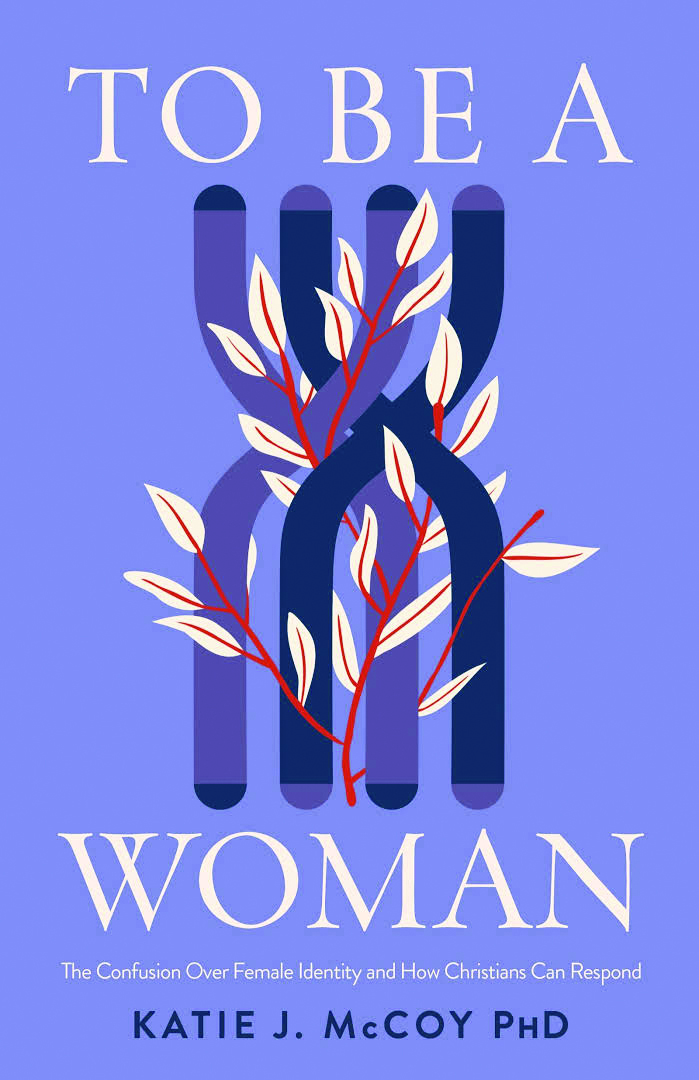This fall movie season Hollywood offers up the stories of two little-known American heroes from two controversial filmmakers. In “The Birth of a Nation,” director and star, Nate Parker, tells the story of Nat Turner, a slave who longs for justice and leads a bloody rebellion. Mel Gibson’s “Hacksaw Ridge” recounts how Desmond Doss went into the terrible Battle of Okinawa in World War II offering mercy as an army medic and saving many of the wounded without ever carrying a gun.
Both films are based on true stories and are unflinching in their depiction of violence. Both feature protagonists who are strong Christians. And yet the fundamental difference in these films lies in the way each of these characters interprets Scripture. One story depicts a man who believes he should lay down his arms; the other, a man who takes up arms.
The Birth of a Nation
Nat Turner is a Virginia slave who becomes literate at a young age and is only allowed to read the Bible. As such, he becomes a preacher, encouraging his fellow slaves to take heart and trust the Lord. However, in order to earn more money, his master begins using him on other plantations to preach a message of subordination and obedience to masters, even to those masters who are harsh. At one point, his wife is raped by white men. In anger Nat wants to avenge her, but she reminds him that those who take up the sword die by the sword (Matt. 26:52).
After seeing the suffering of his brothers and sisters on different plantations, Nat begins seeing visions and believes he is being called upon by God to free the slaves, murder their masters and exact justice. The passage he uses as his basis for this comes from 1 Samuel 15, where Samuel gives Saul God’s instruction to punish the Amalekites for their treatment of Israel, sparing no one. Nat holds meetings rallying more slaves until finally, they rebel. The insurrection is short-lived, but in its wake are scores of lives lost, both white and black.
The beginning of “The Birth of a Nation” shows white men and women twisting Scripture to justify slavery. By the end of the film, Nat has also used Scripture to justify his fight against injustice as he and his fellow slaves take up arms.
Hacksaw Ridge
“Hacksaw Ridge” tells the true story of another Virginian, this one white. Desmond Doss was a Seventh-day Adventist who joined the army during World War II. While Nat Turner believed God wanted him to fight and kill, Doss believed God wanted him to lay down his arms and save lives as a medic on the battlefield.
His ideals and convictions are put to the test upon his arrival to boot camp. He is, at least according to the film, quickly singled out as a coward and a man who cannot be trusted to have your back in the heat of battle because of his refusal to even touch a rifle. Of course this couldn’t be further from the truth, as Doss hates the pain and suffering he sees and desires to save life as opposed to taking it. Once he and his division hit Okinawa in the midst of battle, his true mettle shines through as he tends to the wounded and saves the lives of many men. Upon his return home, Doss is awarded several honors including the Medal of Honor, the first of only three conscientious objectors ever to be given the award.
Neither of these films shy away from the faith aspects of their main characters. In both, the Bible is read, quoted and revered. The faith elements never play out in a ham-fisted manner, which is truly refreshing. So how, then, do these two stories that both revere the Bible have such differing views? Nat Turner ends up believing he is an instrument of God’s wrath upon the unjust, and Desmond Doss believes in a turn-the-other cheek meekness that seeks to love the enemy that is mowing down his fellow soldiers. And what, then, does that say about his comrades who are fighting and taking life?
These are the questions I’ve been pondering after seeing these movies two weeks apart. And I don’t have the answers. Instead, I think I’ll pose a new question. How then shall we live? In one story, I see a man who hates injustice and fights for freedom and for the oppressed. In another, I see a man who values every human life, even that of his enemy.
So perhaps my best takeaway from these films is doing what I do with everything I watch, and that is simply to look at it through the lens of the gospel. The gospel offers up so many of God’s attributes, such as justice, forgiveness, love, mercy and grace, to name a few. I’m reminded of Nat’s longing for justice and his sacrifice, and I’m reminded of the mercy Doss offers to those who mistreat him and his forgiveness of the ones who hate him.
These stories are important because they inspire empathy for our fellow image-bearers and inspire us, the audience, to think deeply about complicated issues. But, of course, they are mere shadows of the greater story—the story of a simple man who knew when to turn the other cheek and when to turn over tables. This is the story of a God-man who sacrificed everything for us at the cross, where justice and mercy perfectly coalesced to save sinners.










